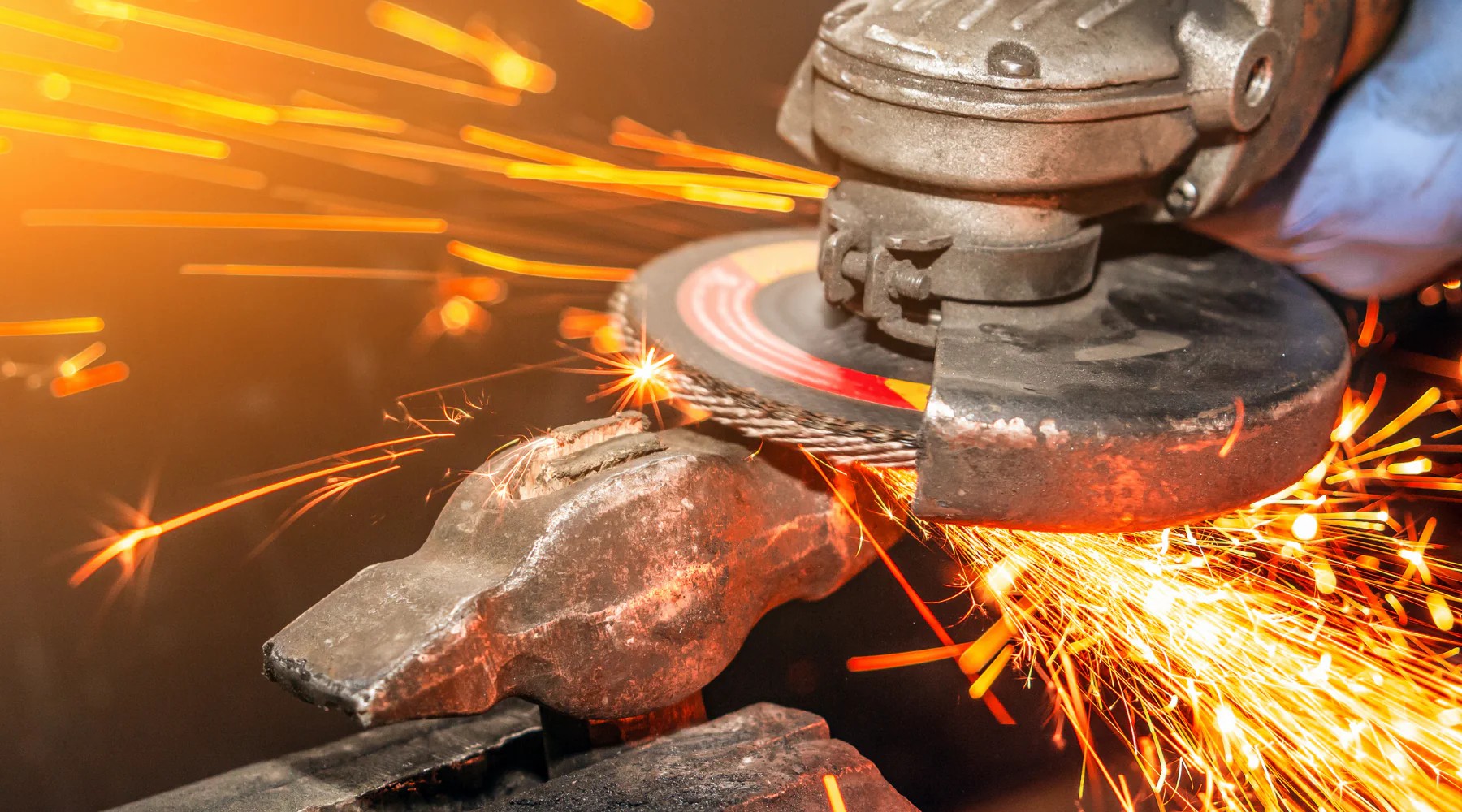


 349,500 Offered Certificates
349,500 Offered Certificates
 24/7 Online Training
24/7 Online Training
 Money Back Guarantee
Money Back Guarantee
 Fully Accredited Courses
Fully Accredited Courses

Created at: 22-02-2025 21:56
Abrasive wheels are critical tools in various industries, serving a multitude of functions, from cutting to polishing materials. Understanding the different types of abrasive wheels, their specific applications, and the associated safety risks is essential for ensuring safe operations in workplaces across Ireland, including hubs like Dublin, Cork, Galway, Limerick, and Waterford. In this guide, we will cover:
Grinding wheels are typically made from hard materials like aluminum oxide or silicon carbide. They are predominantly used in workshops for tasks such as removing material from surfaces, shaping objects, and sharpening tools. They come in various shapes and sizes, tailored for specific applications.
Cutting wheels are designed for slicing through hard materials. Their design allows for precise cuts, making them indispensable in construction and manufacturing sectors.
Polishing wheels help achieve a sinewy sheen on surfaces. These wheels often use softer compounds and materials to refine the finish without damaging the workpieces.
To mitigate the risks associated with abrasive wheels, employers and employees must follow stringent safety protocols. Here are some crucial safety practices:
Proper training and certification are fundamental to ensuring safety and compliance with Irish safety regulations. Workers proficient in abrasive wheel operations are less prone to accidents and injuries. Here are some advantages:
In Dublin, Cork, Galway, Limerick, and Waterford, various institutions offer Abrasive Wheels training courses designed to equip workers with the necessary skills for safe operations. Courses include hands-on training and theoretical knowledge that meet industry standards.
Understanding the different types of abrasive wheels, their applications, and potential risks is vital for any industry that utilizes these tools. Investing in proper abrasive wheels training in Dublin, Cork, and Galway not only promotes safety but also enhances productivity and compliance with safety regulations in Ireland. Ensure your workforce is adequately trained and certified to minimize risks and foster a safe working environment.
For more information on certified abrasive wheels training courses in your city, contact us at [email protected].